Premium Only Content
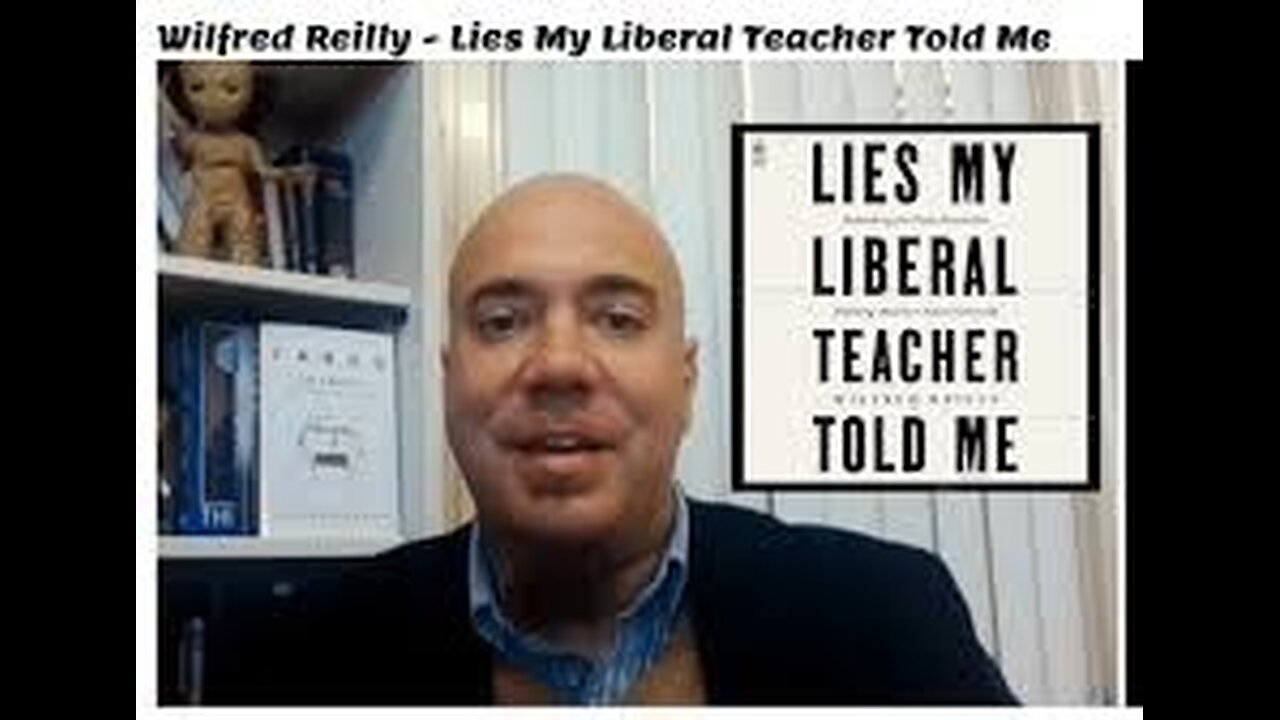
Debunking Myths with Wilfred Reilly; “Lies My Liberal Teacher Told Me”
This exploration of Reilly’s thoughts provides a glimpse into his critical, often contrarian, views on contemporary social and political issues: debunking misguided (often race-hustling) narratives that distort public perception.
Challenging Dominant Narratives
Reilly is known for questioning widely accepted historical and social narratives. His upcoming book, Lies My Liberal Teacher Told Me, critiques the idea that the U.S. is a predatory society. “What we actually see is a phenomenon where the American center-left is in charge of the discourse... presenting themselves as oppressed by MAGA,” he says. Reilly believes these narratives are often misleading, perpetuated by those in power rather than truth.
The Hate Crime Hoax
Reilly is equally critical of the media's portrayal of hate crimes. He cites the Jussie Smollett case, where a fabricated story of racist violence dominated headlines. “None of it happened. And Smollett was kind of the emblematic case... none of it actually occurred,” Reilly explains. He sees this as part of a broader pattern of false narratives designed to portray the U.S. as deeply racist.
Supply and Demand of Racism
Reilly argues that the demand for racism exceeds the supply in modern America. He notes, “There is... a much greater demand for racism than there is a supply,” referring to the creation of false narratives to support organizations like BLM. He points out that modern racism is often exaggerated to sustain institutions and movements built around it.
Manipulating Data for Emotional Appeal
Reilly criticizes the manipulation of statistics in public discourse. Bock mentions breast cancer rates: “They play with their data... breast cancer mortality has gone down vastly,” he observes. Prof. Reilly compares this to the inflated reports of hate crimes, both serving to fuel emotional and financial appeals.
Defining Victimhood
Reilly sees victimhood as a lucrative identity, often exploited for financial gain. “When people say “equity”, what they want is the “equity” in your house,” he asserts. He ties this concept to the growing trend of identifying as various marginalized groups, even extending to the bizarre subculture of “Otherkin,” where individuals identify as non-human.
The Consequences of False Ideas
According to Reilly, many bad ideas originate from flawed assumptions. He warns, “Once you reject the initial starting premise of, for example, truth can be objectively knowable... it’s very hard to say certain standards should exist.” He believes this leads to absurdities, such as debates over biological sex or the legitimacy of trans athletes competing against women.
-
 LIVE
LIVE
Tundra Tactical
3 hours ago🎯💥 The World’s Okayest Gun Show 🔫😂 | LIVE Tonight on Rumble!
326 watching -
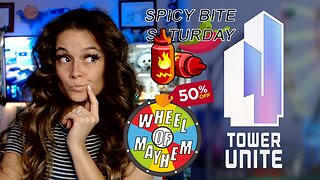 LIVE
LIVE
Mally_Mouse
22 hours ago🌶️ 🥵Spicy BITE Saturday!! 🥵🌶️- Let's Play: Tower Unite!
409 watching -
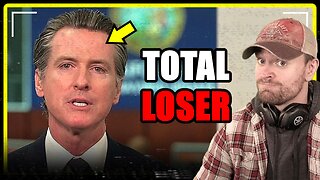 58:59
58:59
MattMorseTV
3 hours ago $0.53 earned🔴Trump just BROKE Newsom.🔴
32.4K31 -
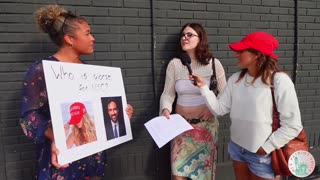 18:14
18:14
Her Patriot Voice
3 hours agoWho Is WORSE for NYC: Trump Girl or Socialist?
10K21 -
 LIVE
LIVE
SavageJayGatsby
3 hours agoSpicy Saturday with Mally! | Road to 100 | $300 Weekly Goal for Spicy Bites!
1,232 watching -
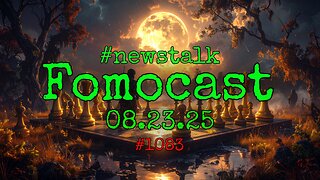 LIVE
LIVE
FomoTV
5 hours ago🚨 Swamp Theater: FBI Raids Bolton 🕵 Still NO Epstein Files, Trump's Troops & the Red Heifer Hoax 🐂 | Fomocast 08.23.25
82 watching -
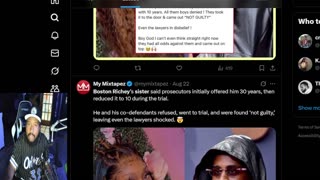 6:04:40
6:04:40
Akademiks
8 hours agoRoc Nation & Meg Thee Stallion did a 7 HOUR Deposition with me. Drake Secret Kid Finally Revealed.
35.5K1 -
 24:19
24:19
Stephen Gardner
4 hours ago🚨BREAKING: FBI Raid of John Bolton’s House Reveals THIS!
39.4K103 -
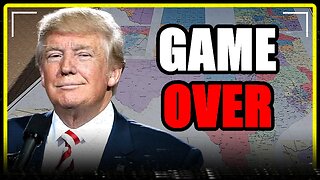 8:31
8:31
MattMorseTV
6 hours ago $0.93 earnedTexas just did the IMPOSSIBLE.
35.2K57 -
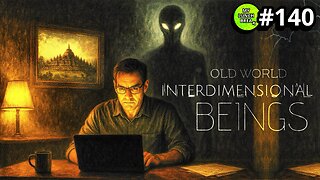 24:39
24:39
MYLUNCHBREAK CHANNEL PAGE
1 day agoInterdimensional Beings at Borobudur
46.4K27